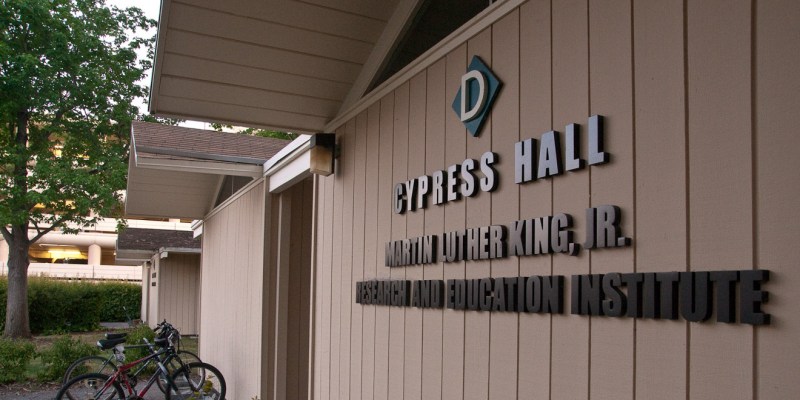On Thursday, Reverend Dr. William J. Barber II gave a lecture at Memorial Church addressing Martin Luther King Jr.’s impact and highlighting political injustices faced by minorities and low-income communities face, such as gerrymandering and voting restrictions.
Barber is president of Repairers of the Breach, a non-profit drawing on King’s unfinished Poor People’s Campaign “to end systemic racism, poverty, the war economy, environmental destruction, and other injustices,” according to the organization’s website.
Barber’s lecture, sponsored by the Martin Luther King Jr. Research and Education Institute and co-sponsored by the African and African American Studies Department and the Stanford Office for Religious life, was held in commemoration of the 90th anniversary of Martin Luther King Jr.’s birth.
During the lecture, Barber called for the audience to carry out King’s legacy.
“To truly honor a martyr, we must go where they fell, pick up their baton, and carry it the rest the way,” Barber said.
Still, he argued that it is difficult for the average person in the United States to solve the nation’s problems. If minorities and low-income people who were prevented from voting in the 2016 election were allowed to vote, he said, Trump may not have won some southern states, and thus may have lost the election to Hillary Clinton.
Barber also criticized the U.S. government shutdown and recent policies such as the 2017 tax cut and the increase in military spending. Calling attention to what he sees as insufficient discussion about such policies, Barber said “We must talk about ‘policy’ — and not only once every two years.”
Barber talked about “policy violence,” saying that policies like the recent tax reform were harmful to low-income families and furthered systemic poverty.
In his criticism of these policies, he said, “The problem of America is not one man. Trump is a symptom, not the issue.” The real problems, Barber said, are issues such as systemic racism, systemic poverty, extreme militarism and false moral narratives.
Barber spoke on economic perils that underprivileged communities often face, highlighting a minimum wage that he sees as insufficient, as well as the fact that the United States is one of the only developed countries without universal healthcare.
Barber said actively participating in political life matters more than celebrating King’s birthday.
“We do not need to celebrate as much as we need to engage,” Barber said.
“Some things are not about left and right, but about what is right or wrong,” he added.
Contact Ryan Tran at rtran56 ‘at’ stanford.edu.
